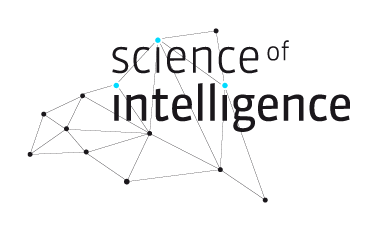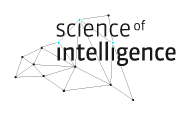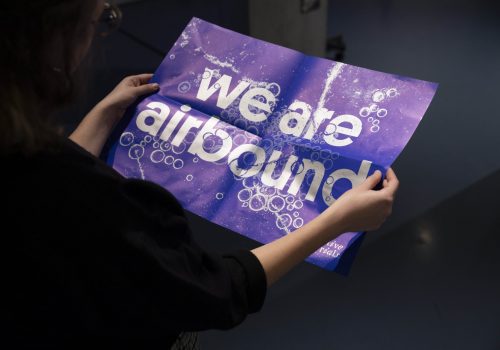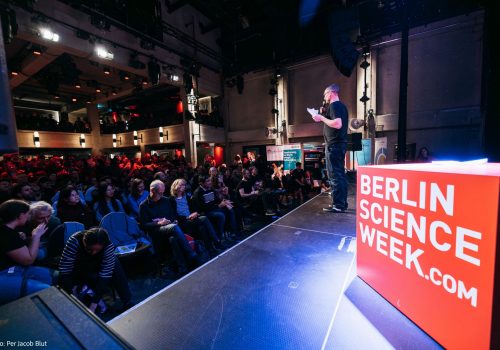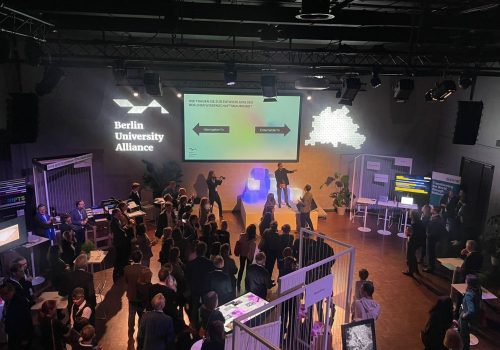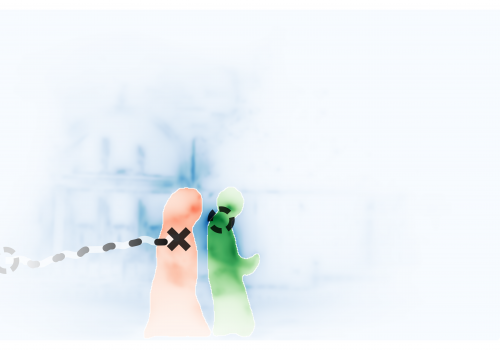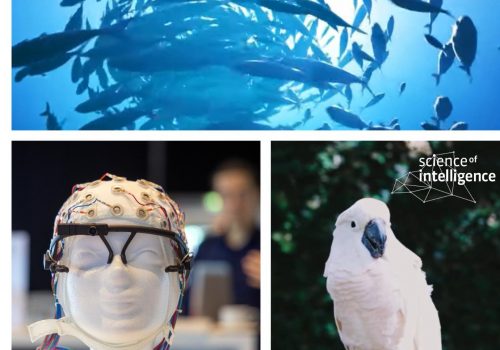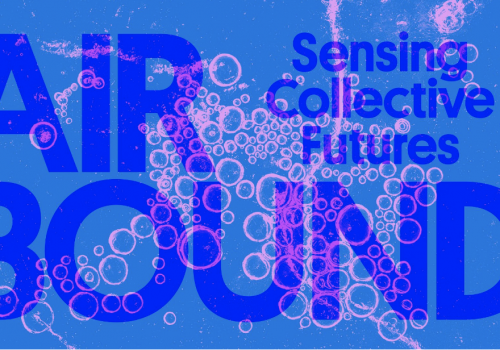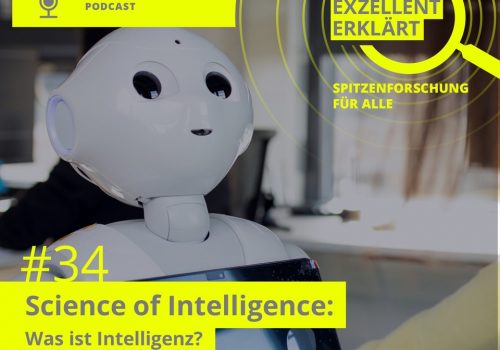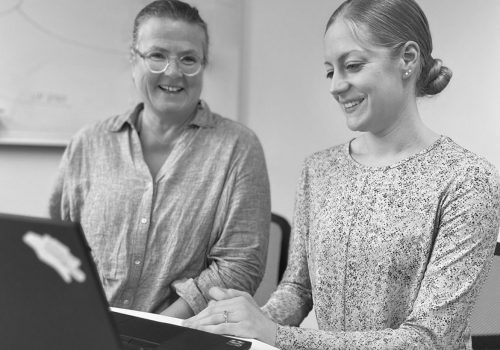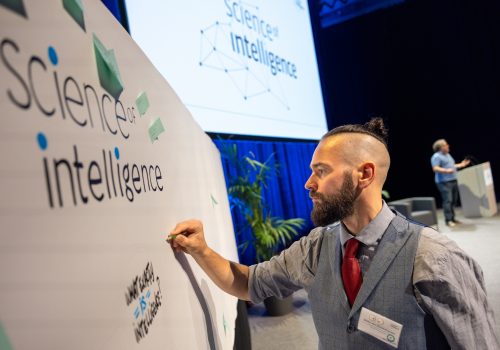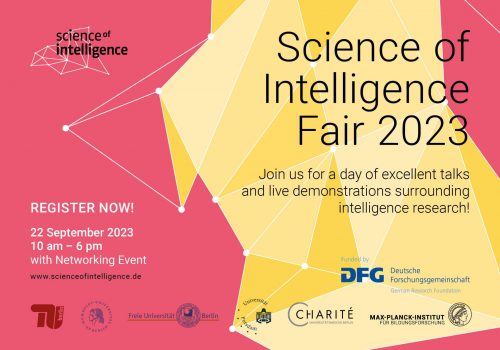EVENTS: Airbound, the CollActive Materials exhibition, opens on 19 October at CLB Berlin
As many will remember, last spring we were busy organising and running our CollActive Materials workshops. In these workshops, we began an inspiring two-way conversation with the general public, guiding participants through a speculation about possible futures and prompting them to design the object we will need. The outcome of the three workshops will now be presented
NEWS: What is Intelligence? In new episode of podcast “Exzellent erklärt,” Oliver Brock talks about intelligence and SCIoI
Since 2021, the podcast "Exzellent erklärt – Spitzenforschung für alle" has made it its goal to report regularly from each of the 57 the Clusters of Excellence funded by the German Research Fund (DFG). In every episode, podcaster Larissa Vasilian holds a conversation with one or more cluster researchers, and the topics are as diverse as they are relevant
INTERVIEW: Anne Herms and Susanne Hölzemann on the daily life in the SCIoI Finance and HR department
Since September, SCIoI has a new finance team, Anne Herms and Susanne Hölzemann. We had a chat with them to find out more about their work. 1) Anne and Susanne, could you tell us a little bit about your background and how you found out about SCIoI? Anne: I am an anthropologist and have been in charge of
LAST CALL to register for the SCIoI Fair 2023!
The Science of Intelligence Fair 2023 is quickly approaching: Read below for more information and registration information! What is intelligence? Is it the ability to understand complex math problems, or to do better than others in a chess game? Is it a number, or is it a set of rules? Is it something we can develop, or
